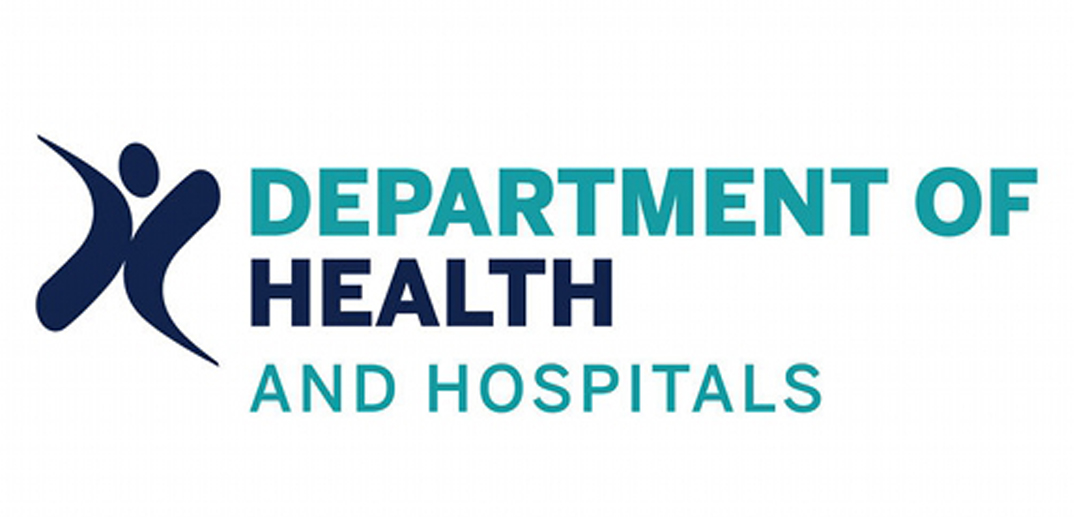BATON ROUGE — The Louisiana Department of Health and Hospitals failed to follow legally required processes at a cost of tens of millions of dollars to taxpayers, a state audit found.
The Louisiana Legislative Auditor’s sweeping examination of the state health agency was released Wednesday.
The Advocate reports that DHH officials in letters to the state auditor largely agreed with the report’s findings.
Auditor Daryl G. Purpera faulted DHH for numerous shortcomings in management.
The report found, among other things, that it had failed to recover about $29 million from third parties.
Auditors also found DHH failed to install the checks needed to ensure timely filing and prompt payment of Medicaid claims. This was found to be the case last year too.
The audit also said the health department did not properly process drug rebates and that a $92 million error wasn’t detected for a year.
Another issue the audit found was the agency’s paying New Orleans East Hospital $10.6 million without following the proper federal procedures. Also, DHH paid the Eastern Louisiana Mental Health System $6.6 million over the maximum allowed.
The audit took a deep look at Medicaid funds.
Medicaid uses some state, but mostly federal, dollars to pay doctors, clinics and other health care providers to care for the state’s low-income population. Roughly 1.4 million people — about a fourth of the state’s residents — are enrolled in Medicaid.
The audit report claimed DHH didn’t identify and recover paid claims in which a third party might also have to chip in for medical services provided a Medicaid-eligible recipient. For instance, DHH didn’t pursue $29 million, already paid out, that a third party owed, the audit said.
The agency had contracted a company to make those collections, but didn’t renew the contract in December 2014, according to the audit report.
DHH Undersecretary W. Jeff Reynolds agreed with Purpera, but offered an explanation.
The plan, he explained in a letter to Purpera, had been to move all the patients into one of the private insurers recently contracted by the state to handle Medicaid, rather than the state doing it directly.
When that migration was complete, then the private insurer would pick up the duty of seeing if any third parties could also owe money. But that transfer of patients from the directly state-run Medicaid system to one managed by private insurers didn’t happen quickly as anticipated so about 20 percent of Medicaid enrollees are still on the direct state system, he said.
Meanwhile, the Division of Administration in March 2015 refused to let DHH hire a contractor to pursue third parties, Reynolds wrote. DHH will try again to get a contract after the new governor takes office.

